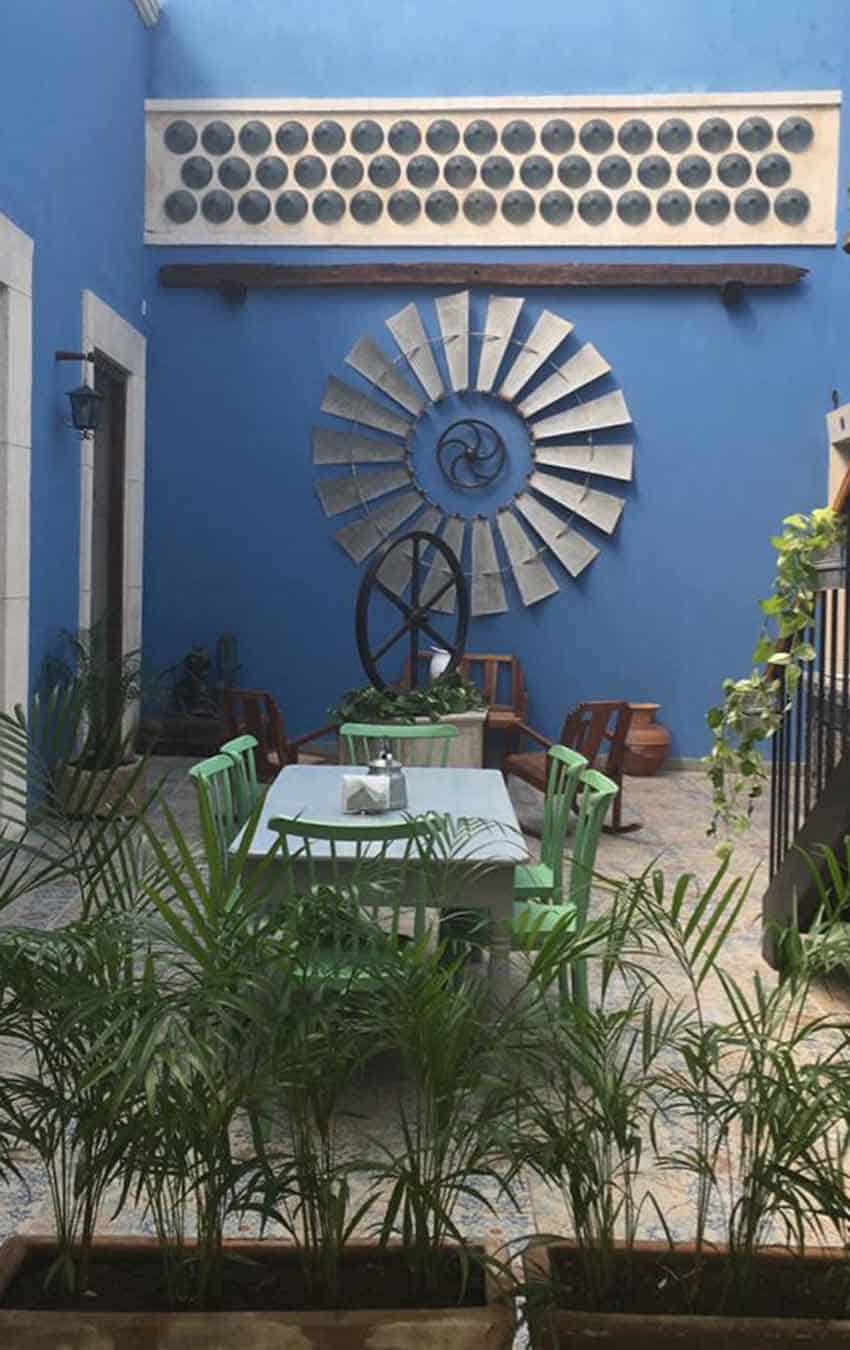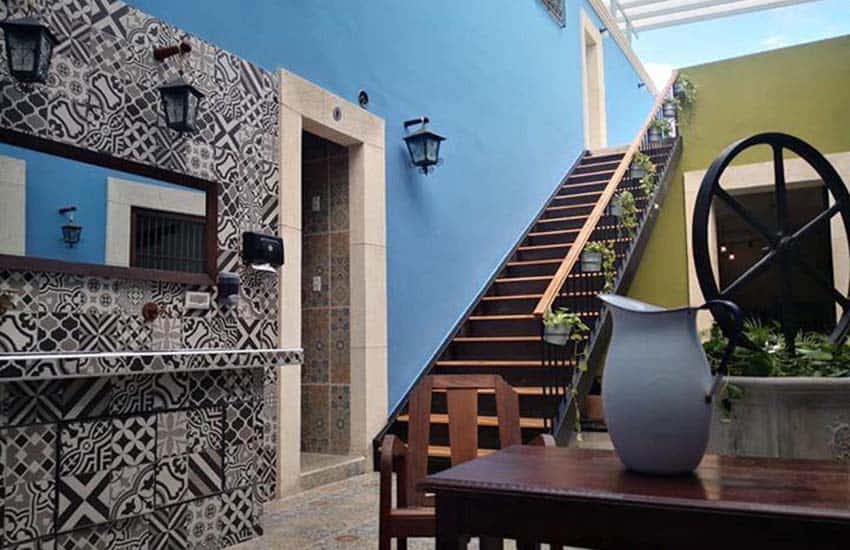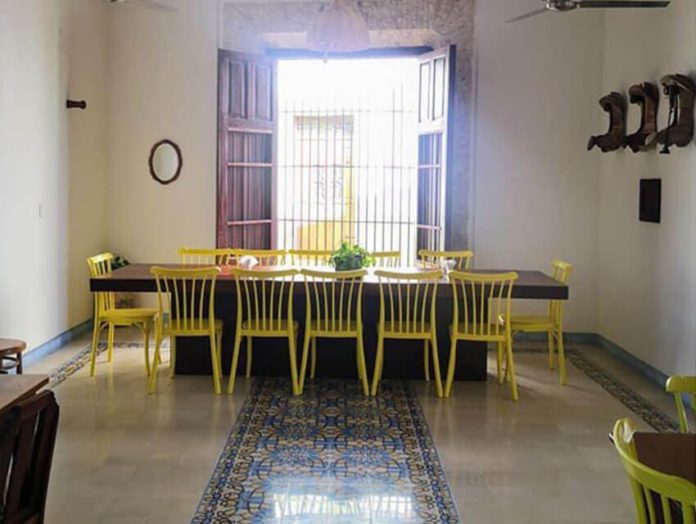The pandemic has taken its toll — on lives, on the economy, on businesses. But as society reemerges, it is starting to be clear that some businesses were better placed to survive than others.
In many cases, businesses that were a focal part of their community have managed to hold tight, and are now coming back stronger than ever. In Mexico’s south, in the heart of Campeche, is one such business: La Olla de la Pagoda.
Located just outside Campeche’s historic center, this restaurant at the heart of its community is leading the way in demonstrating how social and environmental responsibility can be amplified effectively and with humanity.
A veritable institution in the capital city, it opened in 1993 when Adriana Richaud and Carlos Lara moved here from the municipality of Hopolchen. Looking to save money to send their daughter to school, they began La Pagoda as a worker’s canteen, serving affordable, high-quality meals. Today their daughter Lol-Be Lara Richaud runs La Pagoda with an attention to service and detail rarely surpassed in the city.
We often speak in earnest about the value and significance of neighborhood restaurants to the community in which they exist, but it’s rare for them to achieve true synergy between establishment and community in the way that La Pagoda has.

At no point was this more evident than at the onset of the COVID-19 pandemic in 2020, which saw a freefall in the fortunes of the global hospitality industry.
Reflecting on the pandemic, Richaud says, “It was especially difficult when the [downtown] center was closed to the public, because people weren’t allowed to move around and no circulation meant no business for us, which naturally affected us a lot.”
However, demonstrating their continual adaptability and innovation, La Pagoda’s team bucked the negative trend and prevailed, switching to a delivery-only service in order to keep themselves afloat. It would turn out to be a blessing in disguise.
Before they had even formally announced any changes, they were contacted by locals about deliveries, such was their value to their horde of regulars. And now these days, alongside the frequently packed tables again inside the building, a fleet of La Pagoda delivery drivers can be seen in barrios throughout the city at all times of day, zipping meals off to eagerly awaiting households.
“It was odd,” Richaud says. “We expected the pandemic to affect us as adversely as it did many other businesses in the city. In fact, though, what we saw was a real elevation in the number of people who wanted to try our food: the delivery was what got the business off the ground again.”
And La Pagoda is aware of and honors their role within the city: they are exemplary members of Campeche’s Empresa Verde (Green Business) program due to its disposable waste reduction techniques and the fact that the team separates for collection the waste it generates.

Their limes, lettuce heads and carrot peelings are either fed to animals or composted down to contribute quality soil for growing fruits and vegetables, which are then harvested and reinserted into the restaurant chain. Through such actions, La Pagoda contributes to a series of circular economies in which the end of one product’s life cycle can act as a springboard for the cycle of another.
On top of this, La Pagoda prioritizes sourcing ingredients from local producers: the vegetables in dishes such as its Pechuga a La Pagoda and its traditional Mayan poc chuc dish come from the local market. Their locally-sourced horchata de coco is creamy enough to rival any in the city.
“It is a rare privilege to be able to work alongside a business that — at its heart — is driven by values that they and the rest of the Empresa Verde scheme would like to see reflected at a societal level,” Yvette Griffiths of the Empresa Verde program says. “And to pair environmental and community responsibility with high-quality service and food that never fails to impress? That’s the golden formula.”
In an industry where recognition often bypasses establishments that quietly serve their community for years, La Pagoda is a rare gem of enduring success. And in a time of turmoil for the hospitality industry globally, the business is harnessing the power of community and family values to continue building on the strength of 30 years of experience.
If nothing else, maybe the pandemic has taught us how to shape real values-led businesses that will stand the test of time and crisis.
Shannon Collins is an environment correspondent at Ninth Wave Global, an environmental organization and think tank. She writes from Campeche.
